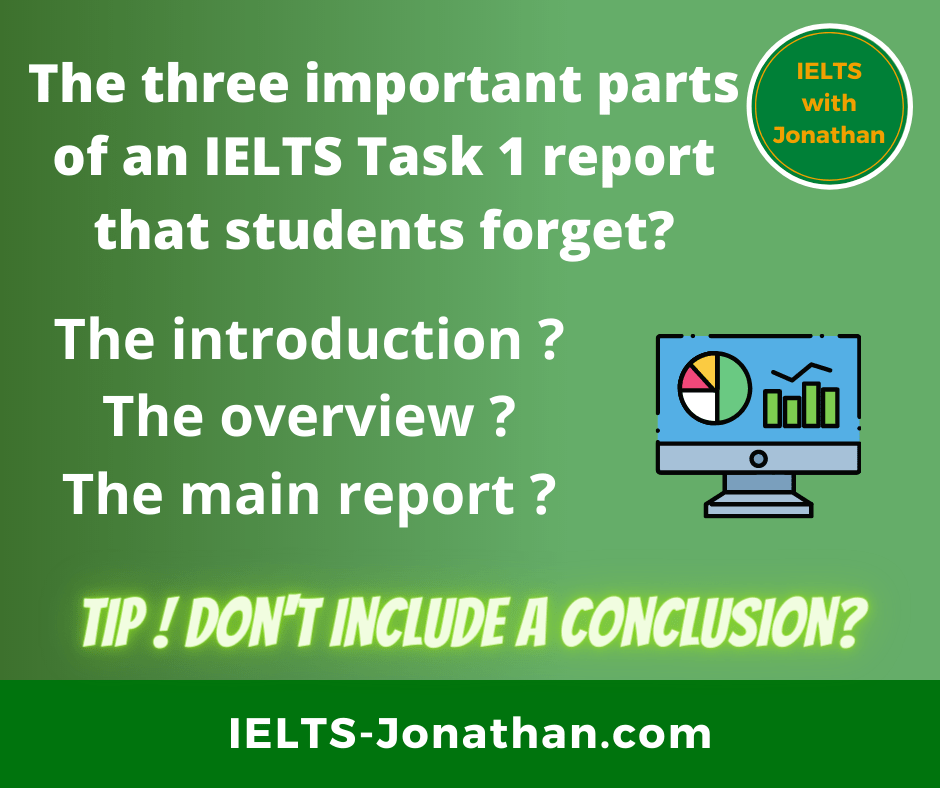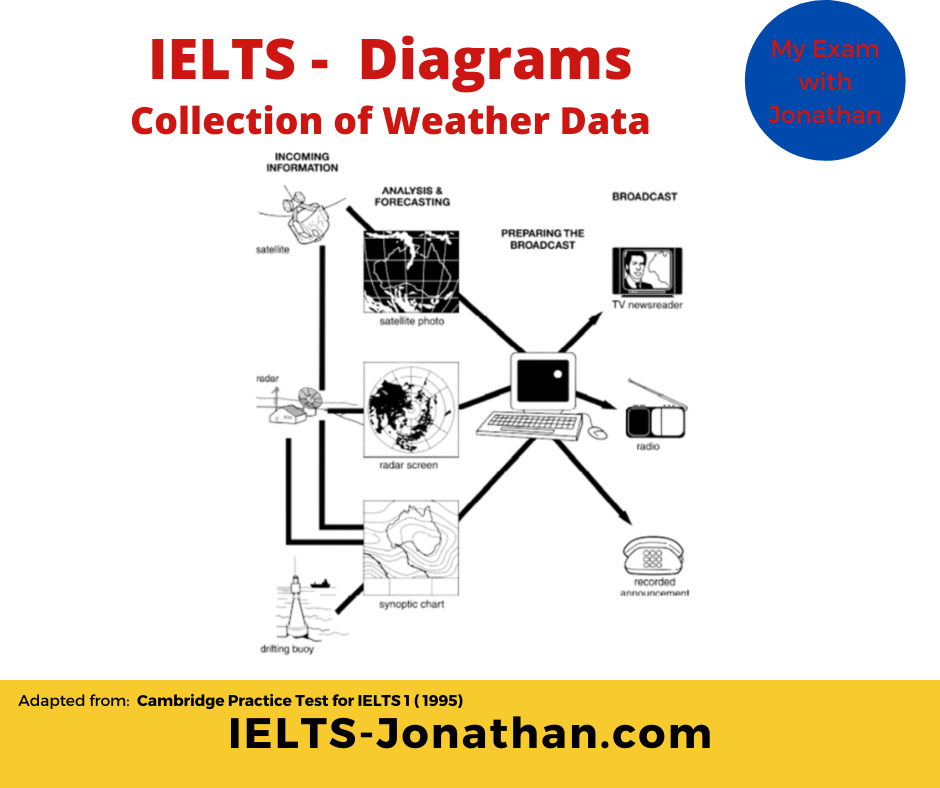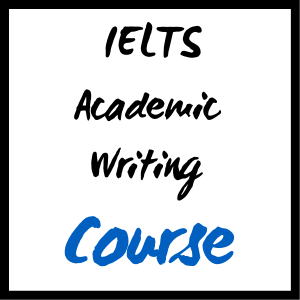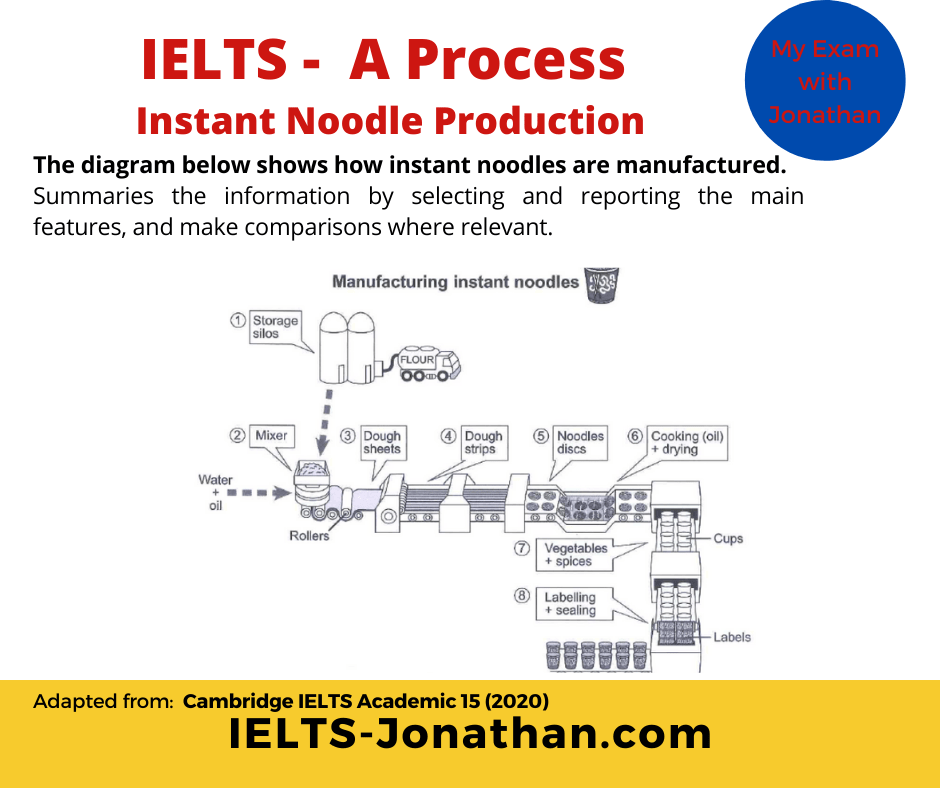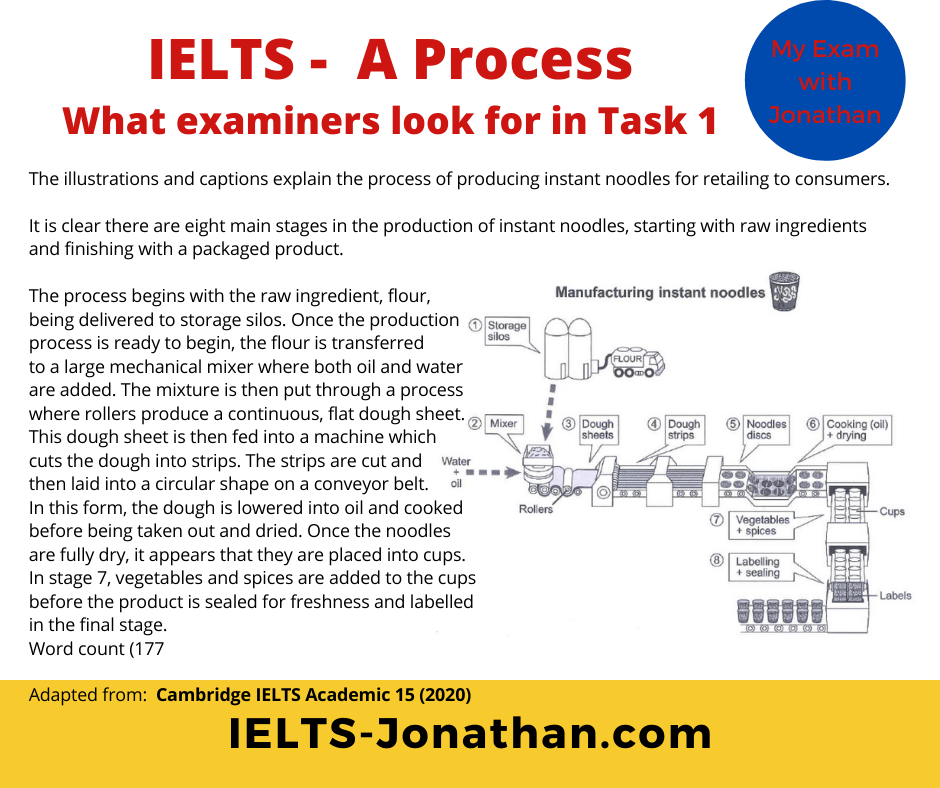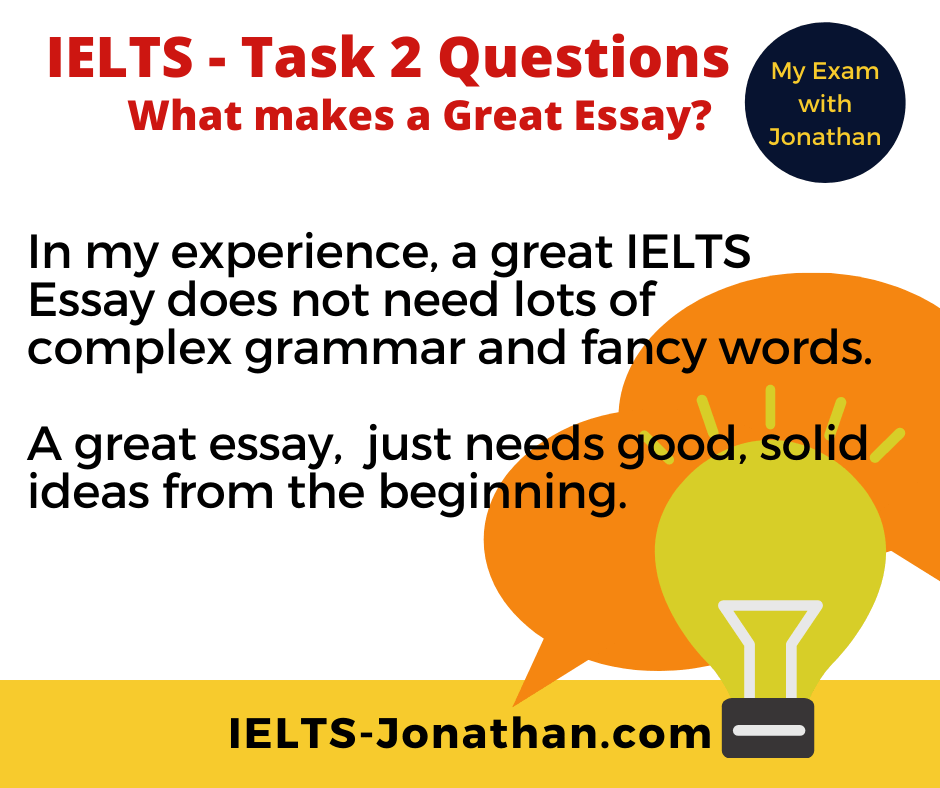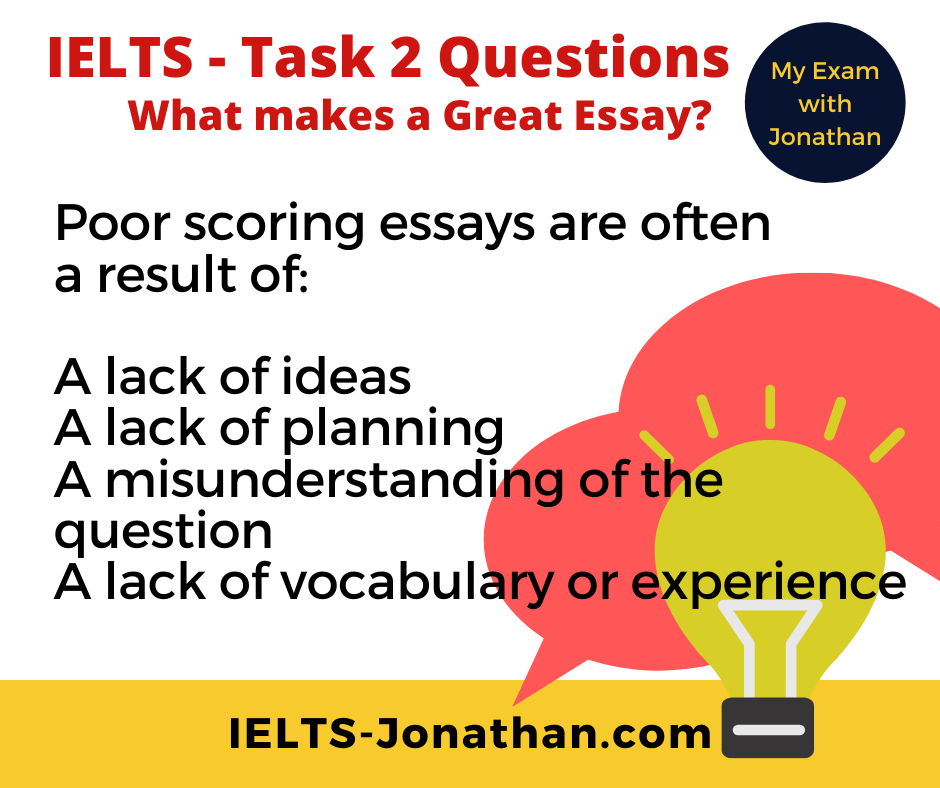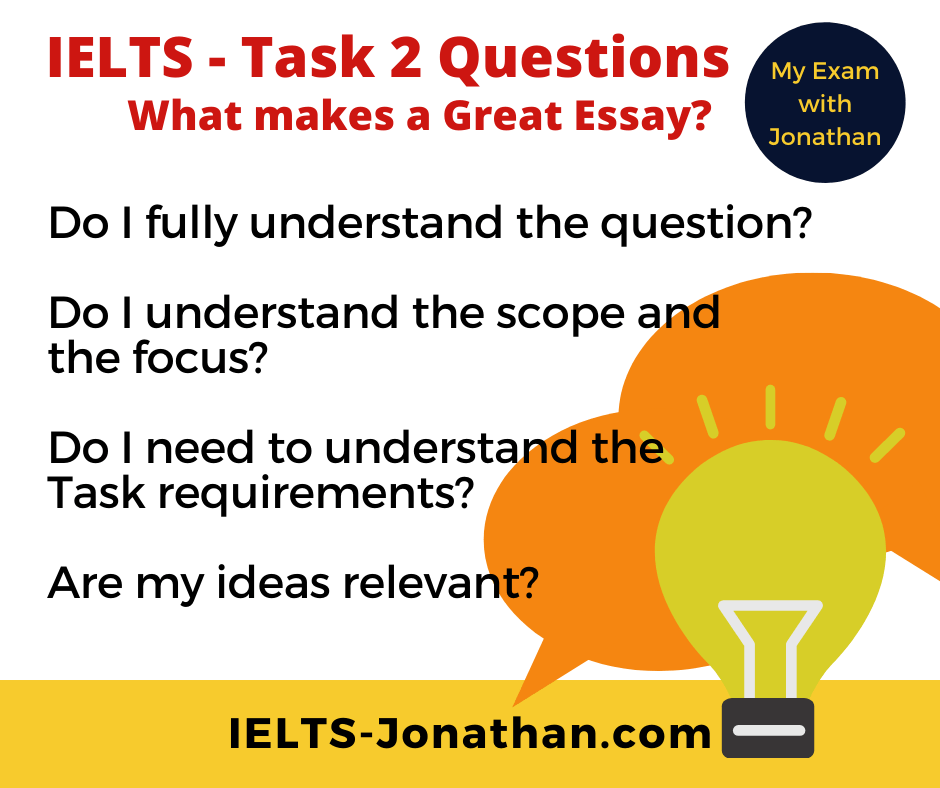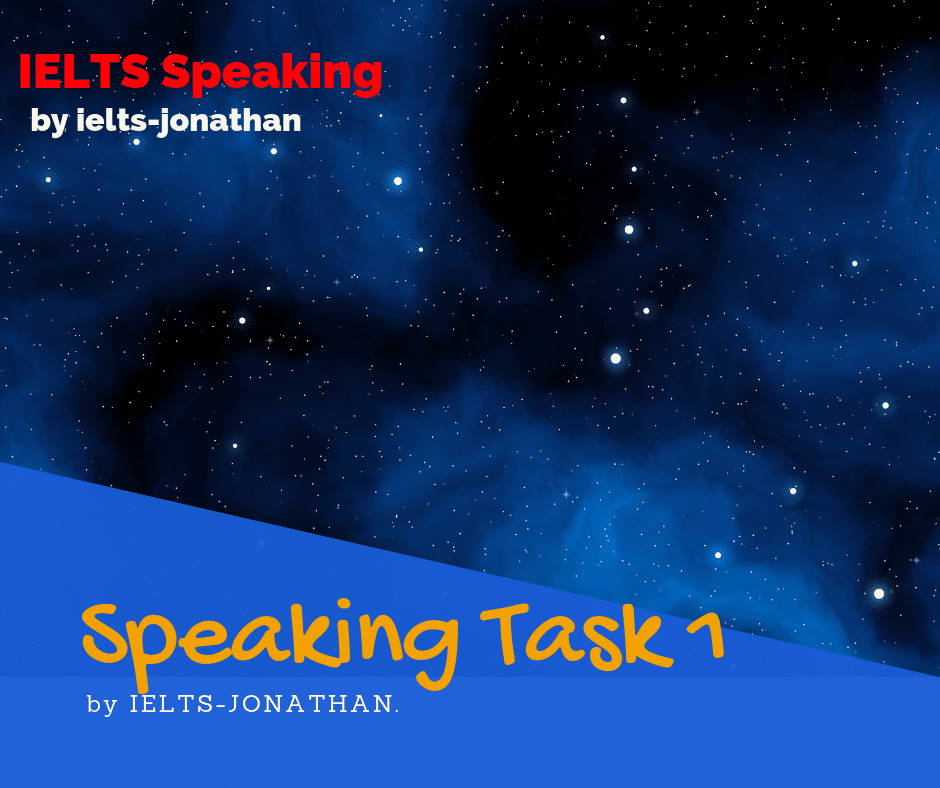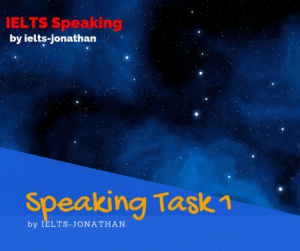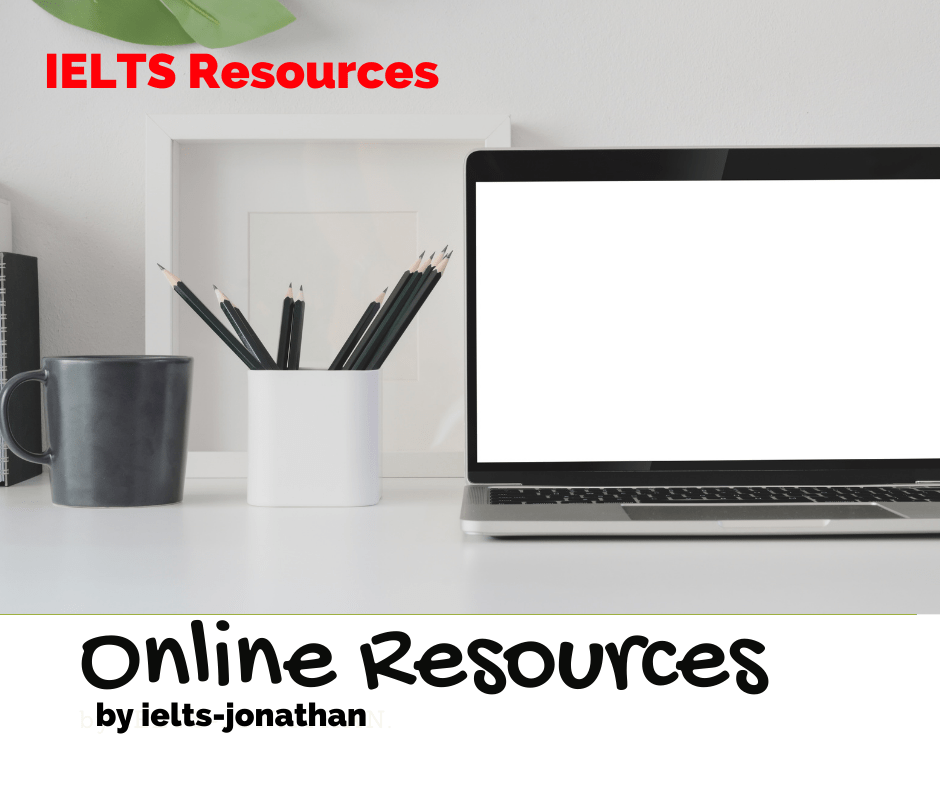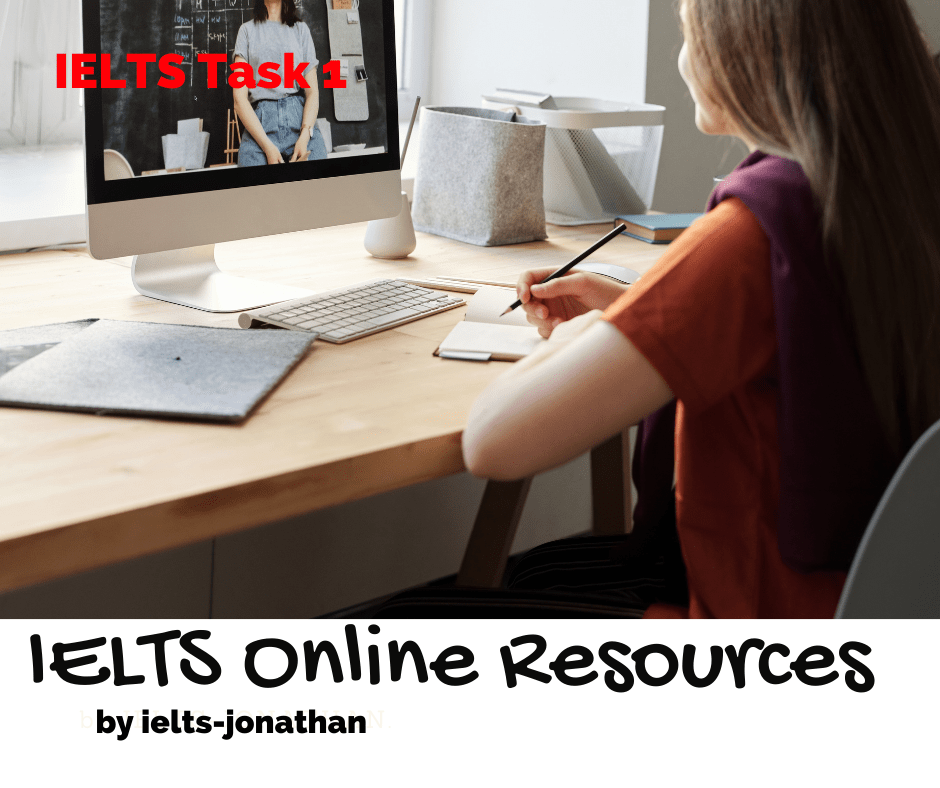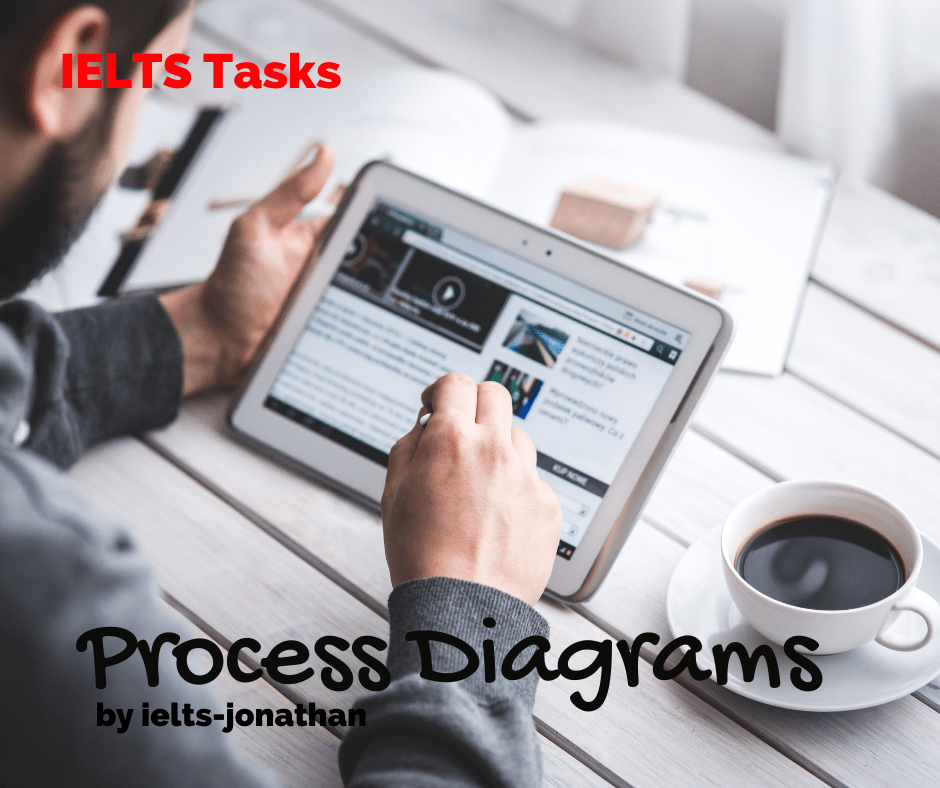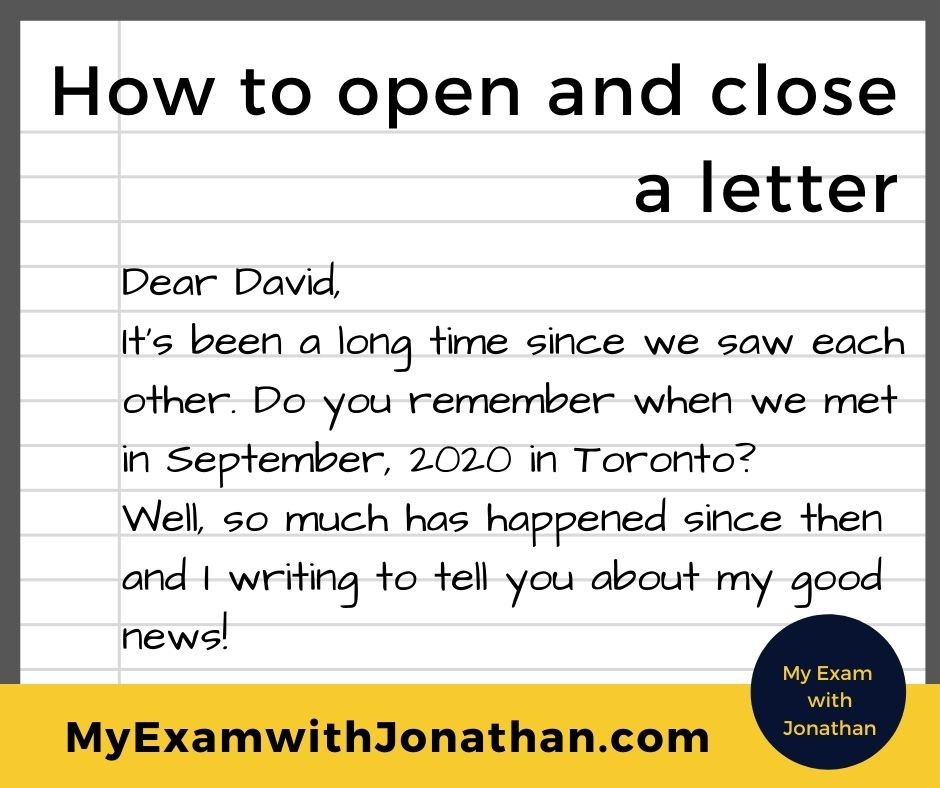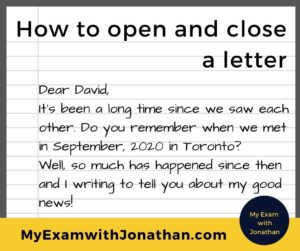IELTS for Band 6, 7 and above
Unlike an IELTS essay, you don not need to give any opinion in a Task 1 report.
It’s easy to remember this and organise your writing into three key areas.
Do you know the reasons why?
How would you organise your report for this diagram below?
The diagram below shows how the Australian Bureau of Meteorology collects up-to-the-minute information on the weather in order to produce reliable forecasts.
Summarise the information by selecting and reporting the main features, and make comparisons where relevant.
Write at least 150 words
The diagram provides an overview of how a variety of data is gathered to give up-to-date weather forecasts for the Australian continent.
It is clear from the information that there are three types of data collected from three sources and there are three ways in which the forecast is then given to the public.
The information used to make a forecast comes from three data types. Weather patterns in the form of images are collected from satellites while synoptic chart information is gathered from drifting buoys on the ocean, from information sent from satellites and land-based radar stations. Additional specific information is collected by radar and this is viewed on a radar screen. The three types of data are then combined to analyse and make a prediction which can be used as a weather forecast.
Next, the forecast is prepared for broadcasting using a desktop computer. After that, the information is then presented on television by a TV newsreader, broadcasted by radio waves or available as a recorded announcement on a telephone line.
Word Count (171)
TEST TIP – Organisation
Inexperienced students sometimes add a conclusion to their Task 1 report.
Never give your opinion, never speculate or use your own experience in a report for IELTS.
An IELTS report should do three things, and three things only.
It should show you understand the question, you understand the data and display your level of English.
- Write the introduction to demonstrate you understand the question.
The diagram provides an overview of how a variety of data is gathered to give up-to-date weather forecasts for the Australian continent.
- Write an overview to show the examiner you can read and interpret the data
It is clear from the information that there are three types of data collected from three sources and there are three ways in which the forecast is then given to the public.
- Complete the body paragraphs to give evidence of you organisational skills, and language and grammar flexibility.
The information used to make a forecast comes from three data types. Weather patterns in the form of images are collected from satellites while synoptic chart information is gathered from drifting buoys on the ocean, from information sent from satellites and land-based radar stations. Additional specific information is collected by radar and this is viewed on a radar screen. The three types of data are then combined to analyse and make a prediction which can be used as a weather forecast.
Next, the forecast is prepared for broadcasting using a desktop computer. After that, the information is then presented on television by a TV newsreader, broadcasted by radio waves or available as a recorded announcement on a telephone line.
If you don’t organise your work with these three principals, you’re limiting your IELTS Band Score to just 5.
What’s included in my courses.
I am writing and recording a collection of IELTS Lessons for students who are trying to achieve band 6.5, 7 and 8.
This online course is growing and will completely cover all aspects of IELTS Writing. The course is available only by membership.
Benefits of my courses are;
- All the materials are based on my experience of students errors and mistakes,
- Courses are Tailored to learners needs,
- Courses can be taken by any level and at any speed
- Instructional videos for every section,
- Practical tasks to perfect you language and IELTS skills,
- Daily contact with me, you instructor,
- Feedback on your writing at Key points in the course,
- Daily check-in question and answer sessions in the exclusive membership group,
- Materials are being added weekly
All samples essay are available as part of my IELTS Membership and are incorporated into lesson content.
If you would to know more, subscribe to my newsletter for details.
